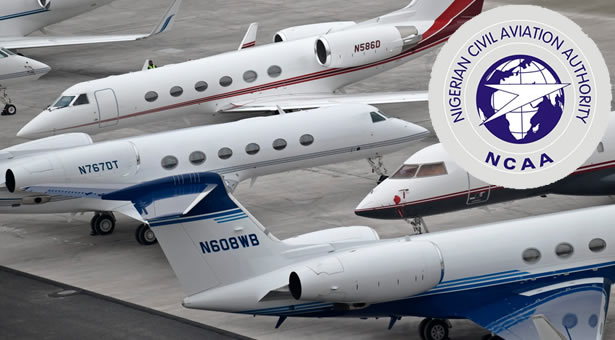A former Director-General of the Nigerian Civil Aviation Authority (NCAA) Dr. Harold Demuren has disclosed that the attempted bombing of a United States aircraft by Umar Farouk Abdulmutallab, the Nigerian underwear bomber led to improved security at all the nation’s airports.
According to Demuren, that singular act led to improved security at all the nation’s airports, especially the international aerodromes, because it compelled the US to increase the security layers in Nigeria from seven to 20.Demuren made this disclosure at the Second edition of the 2022 Breakfast Business Meeting organised by Aviation Round Table, ART, yesterday in Lagos with the theme: ‘Perspective in Multi-Layer Aviation Security System and Passenger Facilitation,’
This came even as he disclosed that the development was the saddest day of his life as the helmsman in the regulatory agency.
Demuren who was the Director-General of NCAA as at the time of the incident, in his keynote speech, said that his attention was drawn to the December 25, 2009 incident by Mr. Babatunde Omotoba who was the Minister of Aviation from December 17, 2008 till March 2010.
According to him, Omotoba had woke him up in the middle of the night to break the incident to him, but noted that the installation of modern equipment at the Murtala Muhammed International Airport (MMIA), Lagos, revealed the entire activities of Abdulmutallab at the airport to the security team.
He explained that the Closed Circuit Television Camera (CCTV) footage provided by the Federal Airports Authority of Nigeria (FAAN) at the airport, extricated Nigeria from complacency in the heinous crime.
Demuren said that Nigeria was able to provide all the necessary documents as requested by the US, which led to the removal of Nigeria among the blacklisted countries by the US.
He regretted that prior to the incident, the father of Abdulmutallab had informed the National Intelligence Agency (NIA) of the radicalisation of his son, but said rather for such information to be shared among the various security agencies, the secutrity outfit refused to act.
He therefore called for cooperation and collaboration among the security agencies in the sector for improved security system.
He said: “Up to the 1980s, there was no major aviation security challenges in Africa. Then came the 1993 Nigerian Airways Hijack (Lagos-Abuja Flight, diverted to Niamey, Niger Republic). After this was the 9/11 attack in the US, which changed the face of aviation security in the world. Layers upon layers of security were introduced in the US”.
“In Nigeria, we had the Umar Farouk Abdul-Mutallab 2010 failed bomb attempt on KLM/NorthWest Airline. After this incident, NCAA ordered for enhanced multi-layered security measures at our airports, including body scanners.
“The Abdulmutallab incident was the saddest day of my life as the DG NCAA. I was woken up in the middle of the night by the Minister of Aviation who told me to go and watch the news. It was all over the news that a Nigerian wanted to kill Americans, but the CCTV footage saved us. When we were asked to provide our evidence, we were able to show it to US and what we had then, some big aviation countries didn’t have them.
“At this point, I’ll like to appreciate the contribution of the various agencies at the airport, particularly FAAN for providing the CCTV footage. The Nigerian Immigration Service that provided detailed entry and exit from the airport and the MAVIS for providing the Advanced Passenger Information System (APIS) information and others. These were parts of the information NCAA used to remove Nigeria’s name from the ‘US Country of Interest Watchlist.”


















